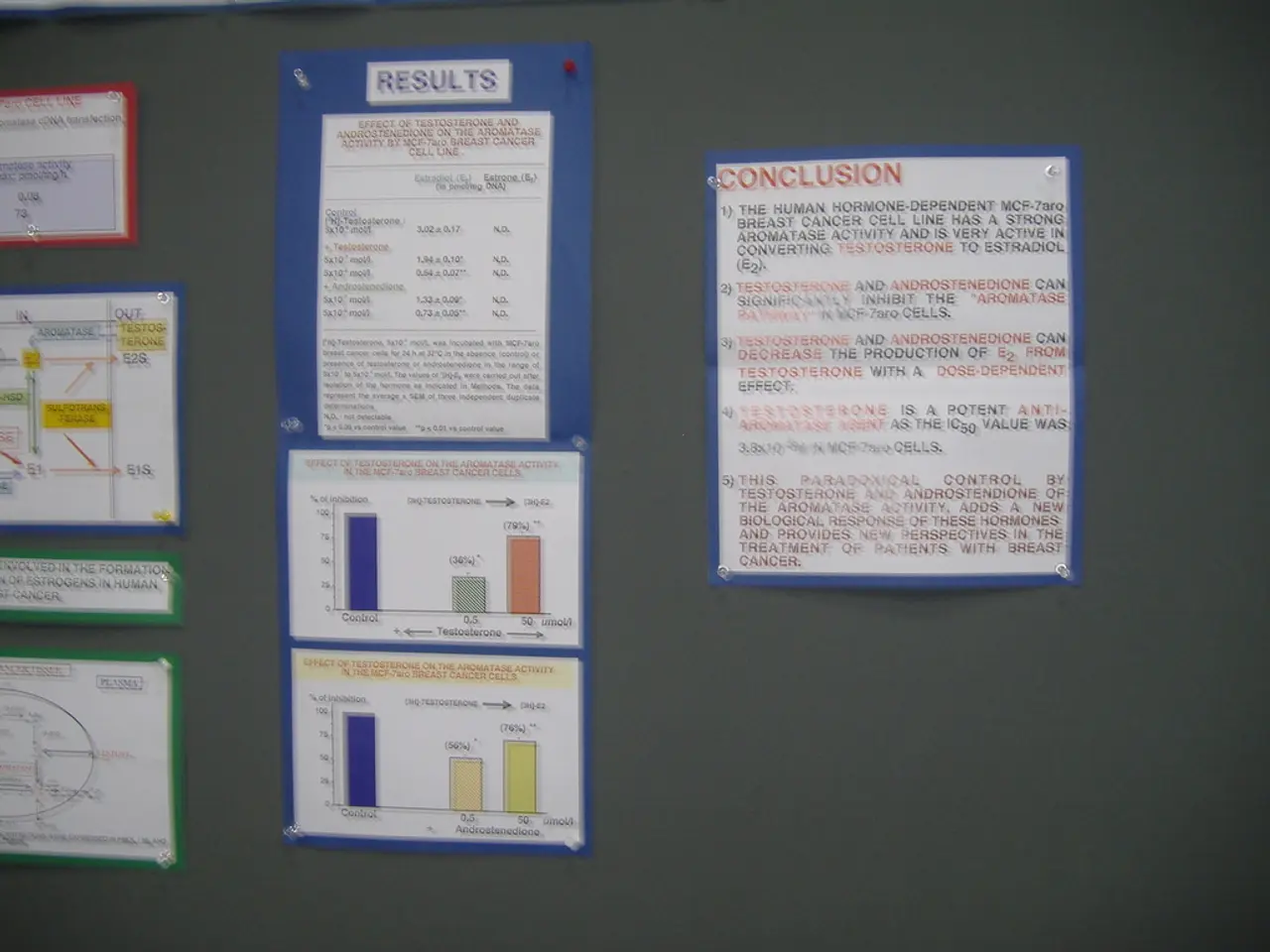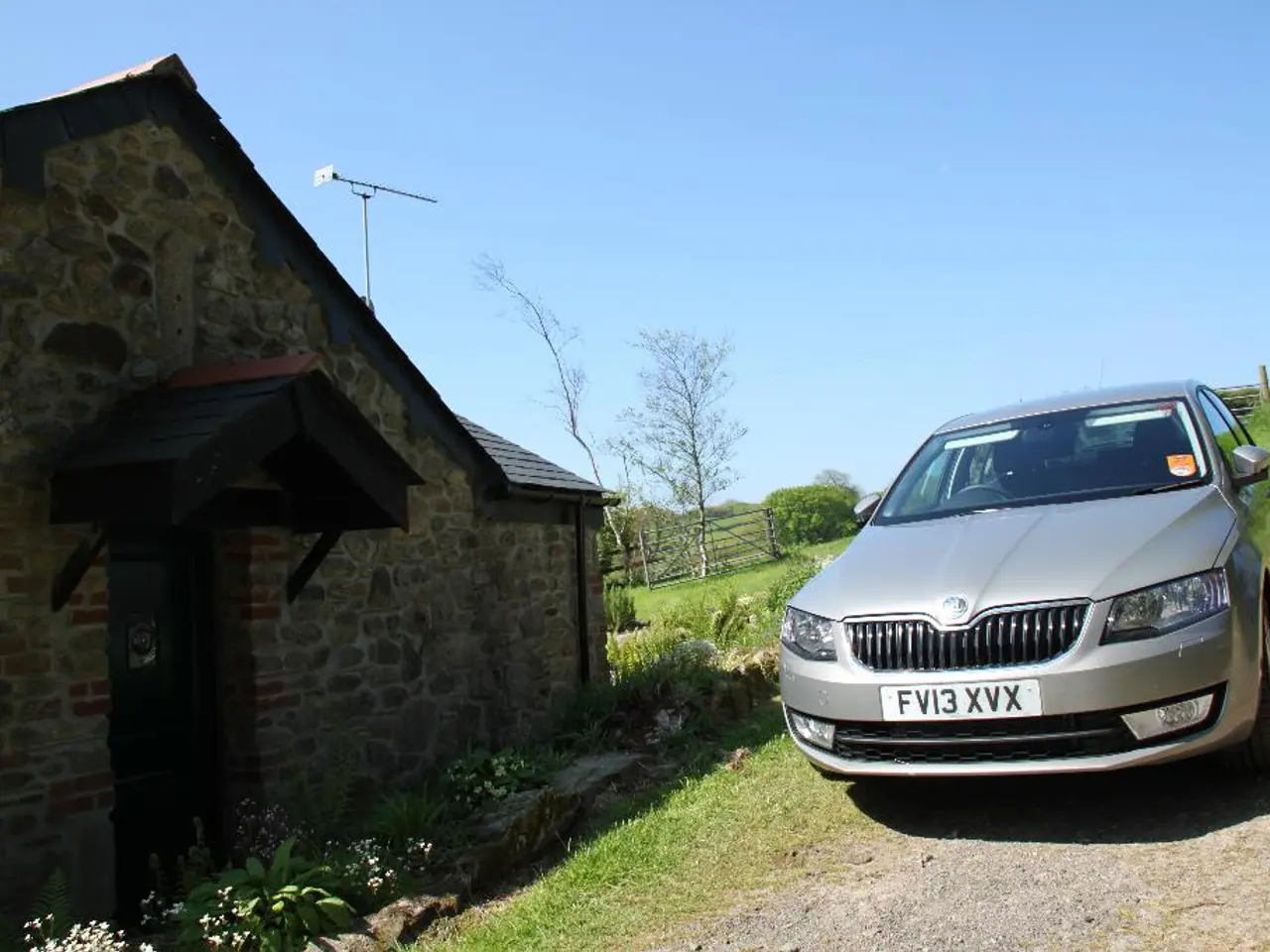Massachusetts Representative Pressley and Senator Markey advocate for the implementation of free transit on the MBTA and public transit systems.
Freedom to Move Act Aims to Make Public Transit Free Nationwide
The Freedom to Move Act, a bill aimed at making public transportation fare-free across the U.S., has been reintroduced in the 119th Congress by Representative Ayanna Pressley. The bill, currently in the Introduced stage, has garnered bipartisan support from transit equity advocates.
The Act proposes a $5 billion competitive grant program to support state and local transit agencies in implementing fare-free systems, improving service quality, and focusing on underserved communities. The legislation builds upon successful fare-free pilot programs in Massachusetts, such as those led by the Worcester Regional Transit Authority and Merrimack Valley Transit.
The bill emphasizes the importance of investing in public transit as a means of economic, racial, and climate justice. Sponsors argue that fare-free transit reduces financial burdens on working families, decreases traffic congestion, improves air quality, and supports transit workers’ safety.
If passed, the legislation could ease traffic congestion and environmental concerns in traffic-choked cities like Boston. It could also reduce greenhouse gas emissions and make communities more connected. Boston Mayor Michelle Wu, running for reelection, supports fare-free transit, stating that it's an investment in the public good and the economy.
Transit agencies that receive the money from the grant program are required to use it to address and close equity gaps in current transit systems. Boston's fare-free bus routes have the highest ridership of the entire bus system and have improved service.
The bill does not specify any new funding sources for the $5 billion competitive grant program. However, it's worth noting that the $60 billion state budget signed by Massachusetts Gov. Maura Healey provides $209 million to regional transit authorities for fare-free transportation.
U.S. Sen. Ed Markey, D-Mass., and U.S. Rep. Ayanna Pressley, D-7th District, have reintroduced the Freedom to Move Act legislation, aiming to make public transportation fare-free nationwide, including the MBTA in Greater Boston. U.S. Sen. Elizabeth Warren, D-Mass., is a cosponsor of the Senate's version of the legislation.
Pressley added that such programs are an economic, racial, and climate justice issue and it's high time they invest in public transit as the public good that it is. Markey stated that by making public transit free, they can alleviate the high burden of transportation costs on working families while building a system that is more accessible and efficient. The legislation particularly aims to help lower-income families who spend nearly 30% of their household income on transportation expenses.
As of August 2025, the bill remains in the Introduced stage and has not yet passed either chamber of Congress. If it does, it could mark a significant step towards making public transportation more accessible and equitable for all.
- The Freedom to Move Act, proposed by Representative Ayanna Pressley, aims to make public transit fare-free nationwide, an initiative that builds upon successful fare-free pilot programs in Massachusetts.
- The Act emphasizes investing in public transit as a means of economic, racial, and climate justice, reducing financial burdens on working families, decreasing traffic congestion, and improving air quality.
- Transit equity advocates have shown bipartisan support for the bill, which proposes a $5 billion competitive grant program to support state and local transit agencies.
- Boston's transit agencies, like the Worcester Regional Transit Authority and Merrimack Valley Transit, could benefit from this grant program, as they strive to improve service quality and focus on underserved communities.
- Environmental concerns associated with traffic-choked cities like Boston could be eased if the Act is passed, potentially reducing greenhouse gas emissions and making communities more connected.
- To make a significant step towards making public transportation more accessible and equitable, the bill needs to pass policy-and-legislation processes, specifically, it remains in the Introduced stage in the 119th Congress as of August 2025.




